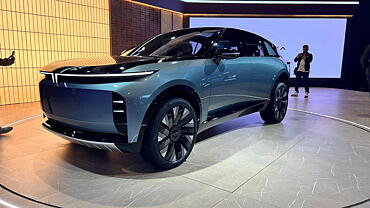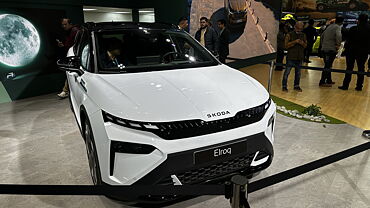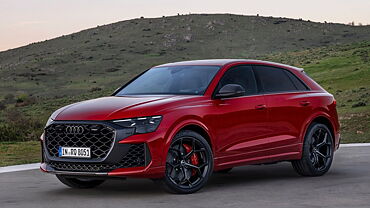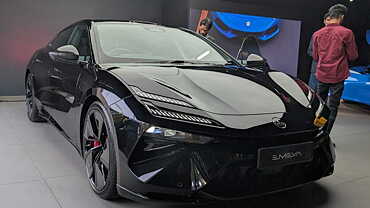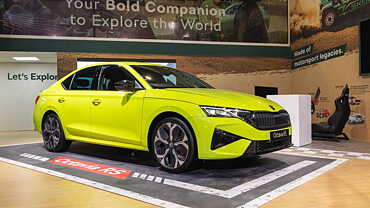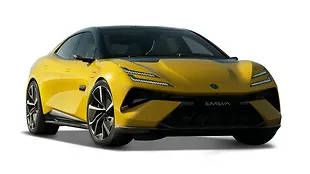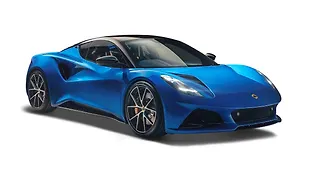
Reports suggest that the country’s largest automaker Maruti is working with its parent company Suzuki to introduce more mild-hybrid cars in India. Maruti Suzuki has already gained an upper hand as the first one to introduce diesel mild-hybrid SHVS, first in the Ciaz sedan and recently in the Ertiga MPV. While, other leading automakers have recently started with working on the hybrid technology.
Maruti Suzuki holds a strong position in the hatchback segment and with plans to introduce hybrid technology in smaller cars, the company expects to further strengthen its position in the Indian market and stay ahead of competition. Speaking about plans, R C Bhargava, Maruti Suzuki India Chairman said, “In India it makes sense for hybrid technology for the smaller car because today globally there is no hybrid technology for small cars or low-cost car and that I think is needs to be developed. We, Maruti and Suzuki, are working on it.”
Starting with the Baleno SHVS which is expected to launch in 2017, the automaker will decide on more models which might get the new mild-hybrid technology. Reports indicate that the cost for installing SHVS unit is not an expensive affair for the company and is indeed believed to be a cost effective way to achieve better fuel efficiency figures. Additionally, the technology also helps Maruti Suzuki gain subsidy benefits under the FAME initiative, thereby resulting in lowering the prices by about Rs 10,000 – Rs 15,000. Currently, the Ciaz SHVS and the Ertiga SHVS have availed FAME subsidy of Rs 13,000.
Maruti Suzuki currently commands around 47 per cent of the Indian passenger vehicle segment. Moreover, the Indian automaker aims at producing around 16 lakh units this fiscal and targets at selling around 20 lakh units annually by 2020. Owing to long waiting period for the Baleno and the Vitara Brezza, the company will start operations from its Gujarat facility next year. This will also help Maruti Suzuki to introduce the SHVS variants of the Baleno and possibly next to the Vitara Brezza.

